
Oncology nurses can assist in educating patients with sarcoma about clinical trial outcomes and the benefits of participating in trials.

Oncology nurses can assist in educating patients with sarcoma about clinical trial outcomes and the benefits of participating in trials.

Oncology nurses can inform patients about the probability of identifying advanced neoplasia using stool-based screening tools.

Oncology nurses can advocate for patients with cholangiocarcinoma to participate in on-going clinical trials with tinengotinib.

Oncology nurses can assist patients in understanding the significance of KRAS mutation testing and its treatment implications.

Although breast cancer has historically been associated with female patients, the rates of men with breast cancer have been increasing over the past decade.

Difficult conversations in cancer pain management should include core values and principles, setting realistic expectations, and building the patient-client relationship from the very beginning.
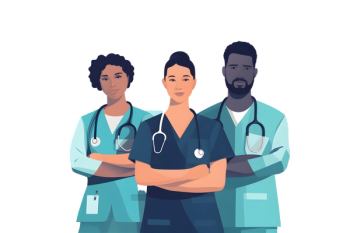
Oncology practices can create more access to care by leveraging the use of APPs, empowering nurses to practice at the top of their licensure, utilizing nurse navigators, and planning ahead.

Consuming navy beans daily as a dietary intervention may contribute to the health of the body's microbiome.

Oncology nurses play a crucial role in educating patients regarding risks and benefits of circulating-tumor HPV DNA biomarker testing.

Oncology nurses may play a role in the utilization of artificial intelligence in the clinical setting.
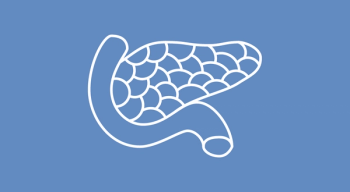
Oncology nurses can illuminate the potential of avasopasem to enhance pancreatic cancer outcomes and champion ongoing research.

Overall, the transition from breast to genitourinary cancer has added depth and dimension to my knowledge of cancer care.

Delivering hazardous drugs safely is complex but essential for the welfare of our health care workers and our patients.

The introduction of CAR T-cell therapy for patients with relapsed/refractory multiple myeloma is considered one of the most significant advancements in the past decade.
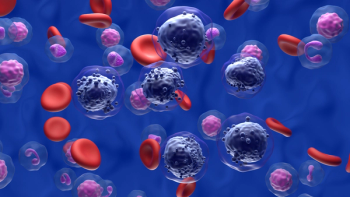
"Differential diagnoses in patients with bicytopenia—particularly those with preserved platelets—are broad and require careful physical examination."
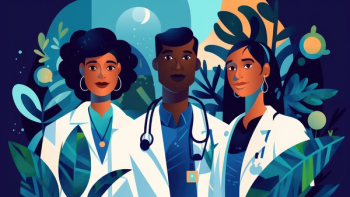
Diversity, equity, and inclusion must be a centerpiece of nursing recruitment and retention.

Oncology nurses should be ready to offer informative guidance to patients and their families concerning the ongoing FDA inquiry and its potential impact.

Oncology nurses can help patients understand the potential benefit of ORF1p testing for early cancer detection and its current limitations.

Suzanne Somers had her critics, but many applauded her approach to health care and cancer.

Balancing quality-of-life concerns with treatment goals is complicated for young patients with hormone-sensitive breast cancers.
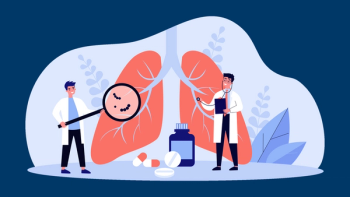
As with all patients with cancer, providing care for those with lung cancer involves both physiological and psychological aspects.
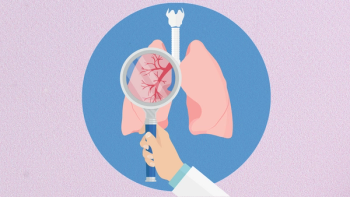
A lung cancer screening navigator offers their perspective on shared decision-making.

Like many other nurses, I have an oral chemotherapy card from the Oncology Nursing Society, which is renewable every 2 years.

A structured exercise program may aid in preventing colorectal cancer in patients with Lynch syndrome.

Receiving a breast cancer diagnosis and undergoing treatment as a young adult takes a physical and emotional toll.
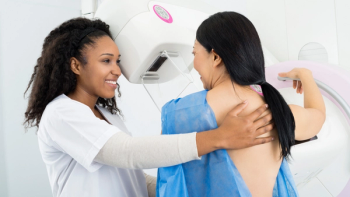
Cancer screening tests may not extend life expectancy; however, they still are valuable for public health.

Congress needs to enact legislation that ensures chemotherapy shortages become a thing of the past.
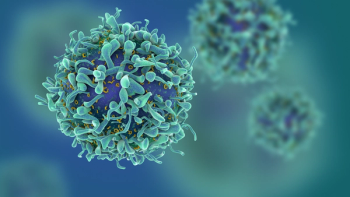
AOH1996, a drug named in honor of Anna Olivia Healy, is being tested in a phase 1 trial. As nurses, we must help our patients understand that phase 1 trials represent very early research.

TTFields therapy, when given in addition to standard systemic therapy, improved overall survival in patients with metastatic non–small cell lung cancer.
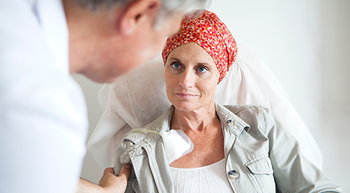
What happens when there is a shortage of chemotherapy drugs? How will this affect patients?